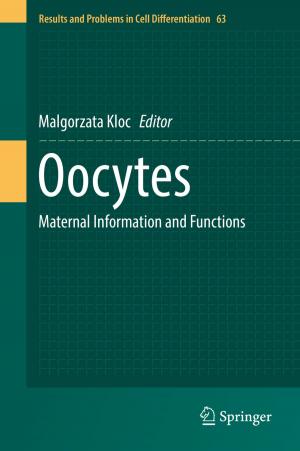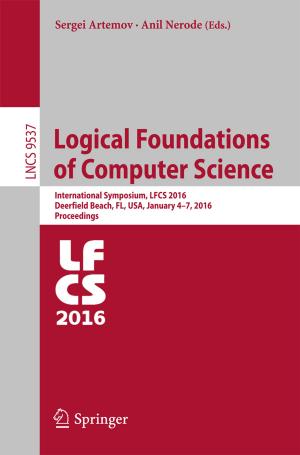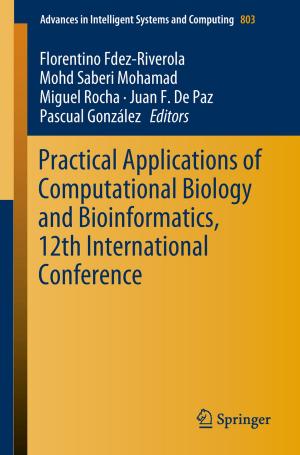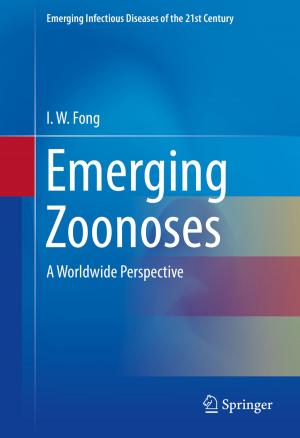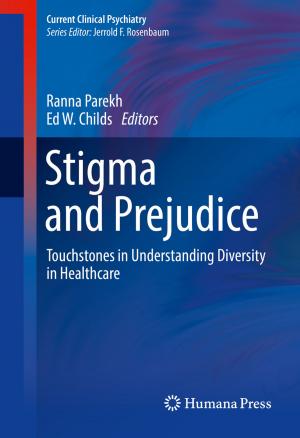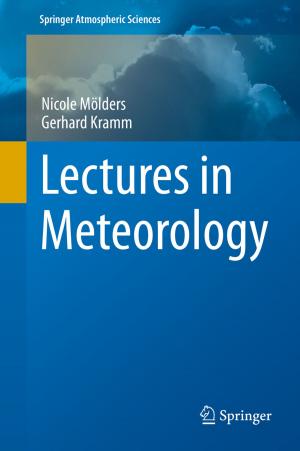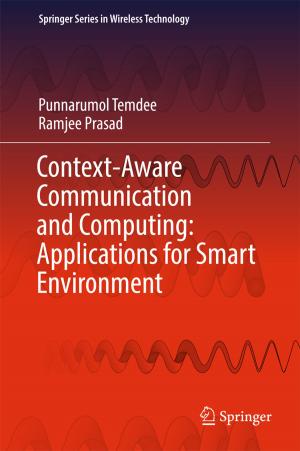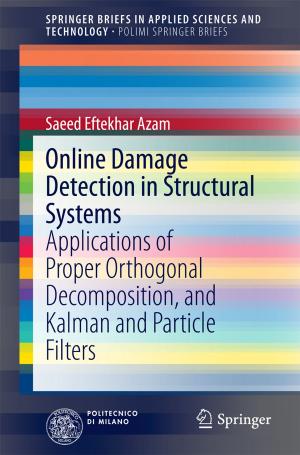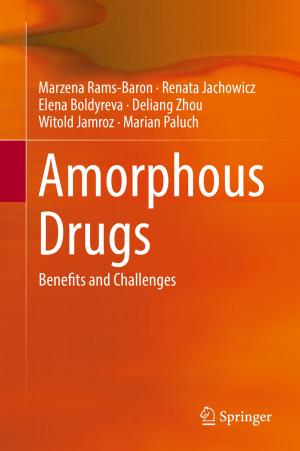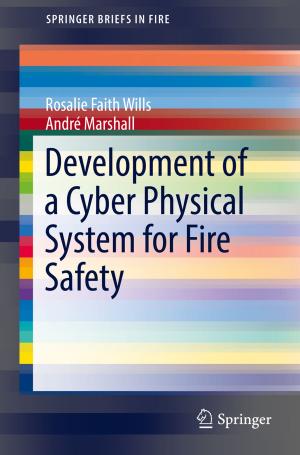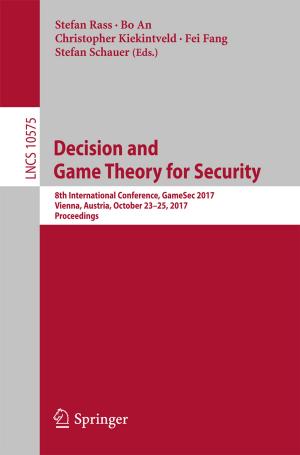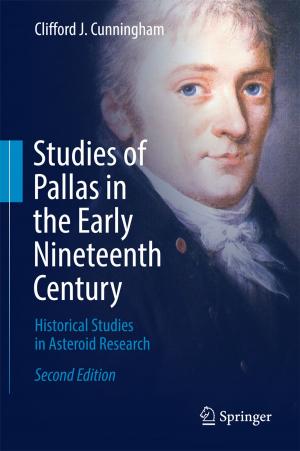Alternative Schooling and New Education
European Concepts and Theories
Nonfiction, Reference & Language, Education & Teaching, History, Preschool & Kindergarten| Author: | Sebastian Engelmann, Ralf Koerrenz, Annika Blichmann | ISBN: | 9783319678641 |
| Publisher: | Springer International Publishing | Publication: | November 17, 2017 |
| Imprint: | Palgrave Pivot | Language: | English |
| Author: | Sebastian Engelmann, Ralf Koerrenz, Annika Blichmann |
| ISBN: | 9783319678641 |
| Publisher: | Springer International Publishing |
| Publication: | November 17, 2017 |
| Imprint: | Palgrave Pivot |
| Language: | English |
This book examines the European discussion about alternative schooling in the 20th century. It refers to a stream of concepts that are often described as New Education, Progressive Education, Education Nouvelle or Reformpädagogik, and discusses a range of different models of alternative schooling. Exploring the works of a range of continental educational philosophers, including Lietz, Blonsky, Kerschensteiner, Freinet, Decroly and Petersen, the book offers a unique insight into texts not yet translated into English. These educational models are presented with regards to the biographical background of the authors; the crucial elements of their construction; the historical interconnections between schooling, society and culture; and finally their connection to today’s discussions in educational sciences. The book will be highly relevant for researchers and advanced students working on the theory, history and practice of schooling, particularly those with a focus on alternative schooling and the philosophy of education.
This book examines the European discussion about alternative schooling in the 20th century. It refers to a stream of concepts that are often described as New Education, Progressive Education, Education Nouvelle or Reformpädagogik, and discusses a range of different models of alternative schooling. Exploring the works of a range of continental educational philosophers, including Lietz, Blonsky, Kerschensteiner, Freinet, Decroly and Petersen, the book offers a unique insight into texts not yet translated into English. These educational models are presented with regards to the biographical background of the authors; the crucial elements of their construction; the historical interconnections between schooling, society and culture; and finally their connection to today’s discussions in educational sciences. The book will be highly relevant for researchers and advanced students working on the theory, history and practice of schooling, particularly those with a focus on alternative schooling and the philosophy of education.

